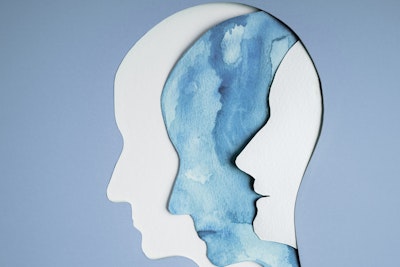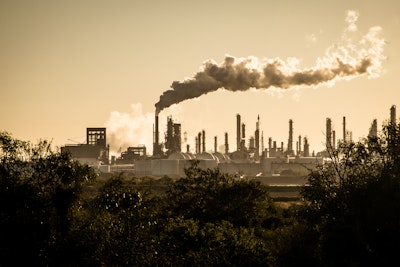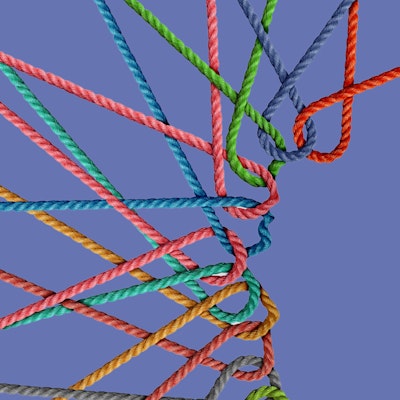
Climate Doctors: Frontline Medical Care for Climate Change
Setup
Extreme heat waves, storms, and wildfires; disease outbreaks, water shortages, and crop loss; tick-borne illnesses and asthma—these are just some visible signs of a changing climate. Few physicians have been trained to recognize the potent health consequences—allergies that are no longer just seasonal, athletes suddenly finding it hard to breathe, patients who can’t get needed care when travel becomes impossible. By integrating climate change into their curricula, medical schools and health systems are helping providers recognize unexpected disease patterns and respond appropriately.
Speakers
-
 Bhargavi ChekuriCo-Director, Diploma in Climate Medicine, University of Colorado Schoo...
Bhargavi ChekuriCo-Director, Diploma in Climate Medicine, University of Colorado Schoo... -
 Malama Tafuna'iPrimary Care Physician, Va'a o Tautai, Centre for Pacific Health, Univ...
Malama Tafuna'iPrimary Care Physician, Va'a o Tautai, Centre for Pacific Health, Univ... -
 John TorresMedical Contributor, NBC News
John TorresMedical Contributor, NBC News -
 Aparna BoleSenior Consultant, Office of Climate Change and Health Equity, HHS
Aparna BoleSenior Consultant, Office of Climate Change and Health Equity, HHS
- 2024 Health
- Environment
- Health
Explore More
Environment


The rapid development of the Covid-19 vaccine and the ramp-up of manufacturing and global distribution were unprecedented feats of medical coordination. But those on the insid...

Since 2014, Aspen Ideas: Health has welcomed nearly 800 inspiring women leaders to our stages to share their bold approaches to better health. In honor of Women's History Mont...

Our attitudes, habits, pleasures, and responsibilities shift across the generations, influencing the health challenges we face and how we respond to them. Expectations about h...

Setting audacious goals helps to redefine what is achievable in health, medicine, and science. As we deepen understanding of the human genome, unravel the mysteries of the bra...

As we wrap-up another year of elevating big ideas at Aspen Ideas: Health, we're excited to share the 15 most-watched sessions from the event. These conversations with inspirin...


Each year brings more destructive natural disasters and growing evidence of the challenging future we face if we don’t address climate change. But the biggest cause of climate...

In America, millions of people struggle with mental health including depression, anxiety, and more — all further exacerbated by living through a pandemic. The National Allianc...


If we do absolutely nothing to mitigate climate change, scientists estimate the toll could be $38 trillion a year in damages. Industrialized countries like the United States,...

The United States spends $4.3 trillion—almost one fifth of the nation’s GDP—on health care. As the scale of the medical enterprise expands, venture capitalists are pursuing th...

Today's kids are coming of age against a backdrop of political, social, technological and economic upheaval. While these circumstances are shaping a precocious generation that...

Advocates, healthcare providers, legislators, researchers, and venture capitalists are bringing the unique health needs of women to light – from vigorous policy debates on iss...

From the debate over reproductive rights to the epidemic of gun violence to the youth mental health crisis, this year's Aspen Ideas: Health sessions tackled many of today's mo...

The recognition that all things are connected is at once a scientific principle and a philosophical touchstone. Humans, animals, and the environment are intertwined in complex...

A couple of degrees makes a world of difference — megafires, rising seas, failing infrastructure, and food systems require our immediate attention. Demands on dwindling natura...

Our need for human connection is profound and deep. Yet, today, one in two adults are living with measurable levels of loneliness – and the numbers are even higher among young...

Women are crucial to the climate movement, but their voices are often underrepresented and their work goes under-supported. Meet just a few of the women from this year’s Aspen...

Heat is now the top weather-related cause of death in the U.S., killing more people than hurricanes, floods and tornadoes combined. An environmental journalist and two city ch...

Every transition comes with tradeoffs, and even clean energy carries negative consequences. As they mine for critical minerals or build solar arrays on sensitive land, clean e...

It sounds like sci-fi: Scientists are beaming solar energy from space, subbing seaweed for plastic and brightening clouds to reflect sunlight to lower temperatures in a warmin...

Artificial intelligence is revolutionizing health care by improving patient navigation, telehealth and the speed of drug development. From enhancing patient and provider exper...








